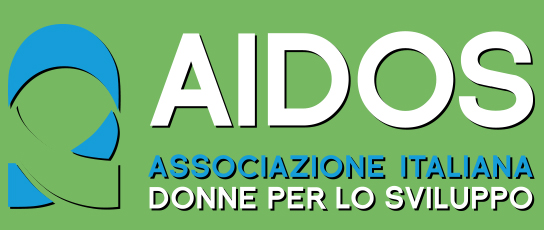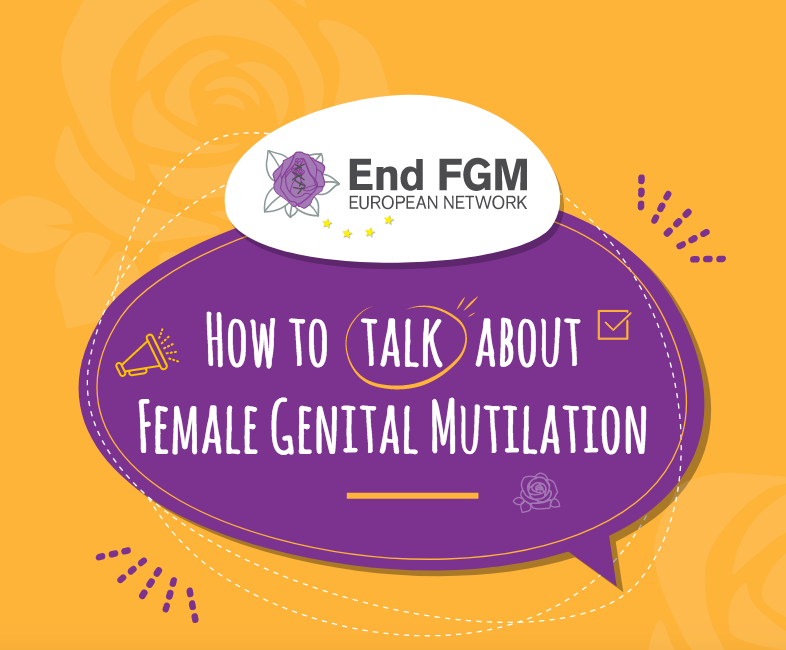AIDOS, together with the Network EndFGM, has created a mini-guide “HOW TO TALK ABOUT FEMALE GENITAL MUTILATION (FGM)”, an agile, short but complete on how to talk about female genital mutilation (FGM) with sensitivity, respect and in a non- stigmatizing way. It’s a useful instrument that experts and people who aren’t informed about this phenomenon can use to develop different narratives.
Using a non-precise, stigmatizing, or even a racist vocabulary when talking about FGM can spread misconceptions and even harm women, girls, and communities directly involved.
Female Genital Mutilations (FGM) are internationally recognized as an international violation of human rights. FMGs are one of the many manifestations, spread around the world, of the disparity in gender relations and a form of violence against women and girls that the EndFGM European Network is urgently seeking to end.
FGMs can be a difficult topic to discuss; so it’s essential, when talking, writing, debating about this practice, to be aware of the words used in order to always talk about it with attention and respect.
This publication is a short practical guide. We provide some recommendations for the use of sensitive language that has a positive impact on the global movement that wants to end FGMs. We also highlight words and phrases that can be counterproductive or problematic for activism and for the communities affected by FGMs.
LANGUAGE IS AN ESSENTIAL AND POWERFUL INSTRUMENT THAT CAN BE USED TO PUT AN END TO FMGs

